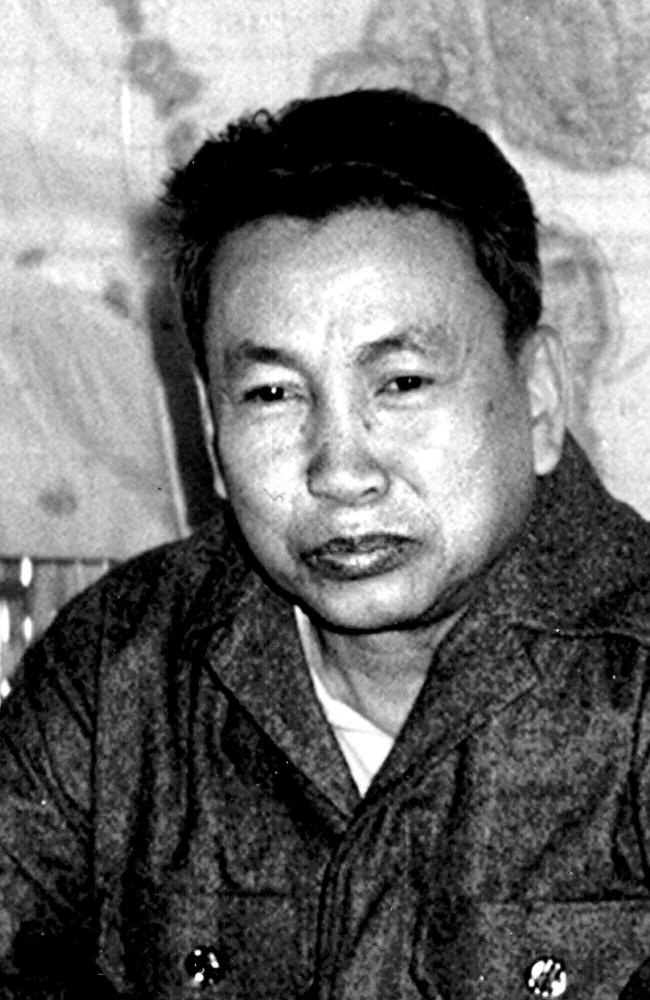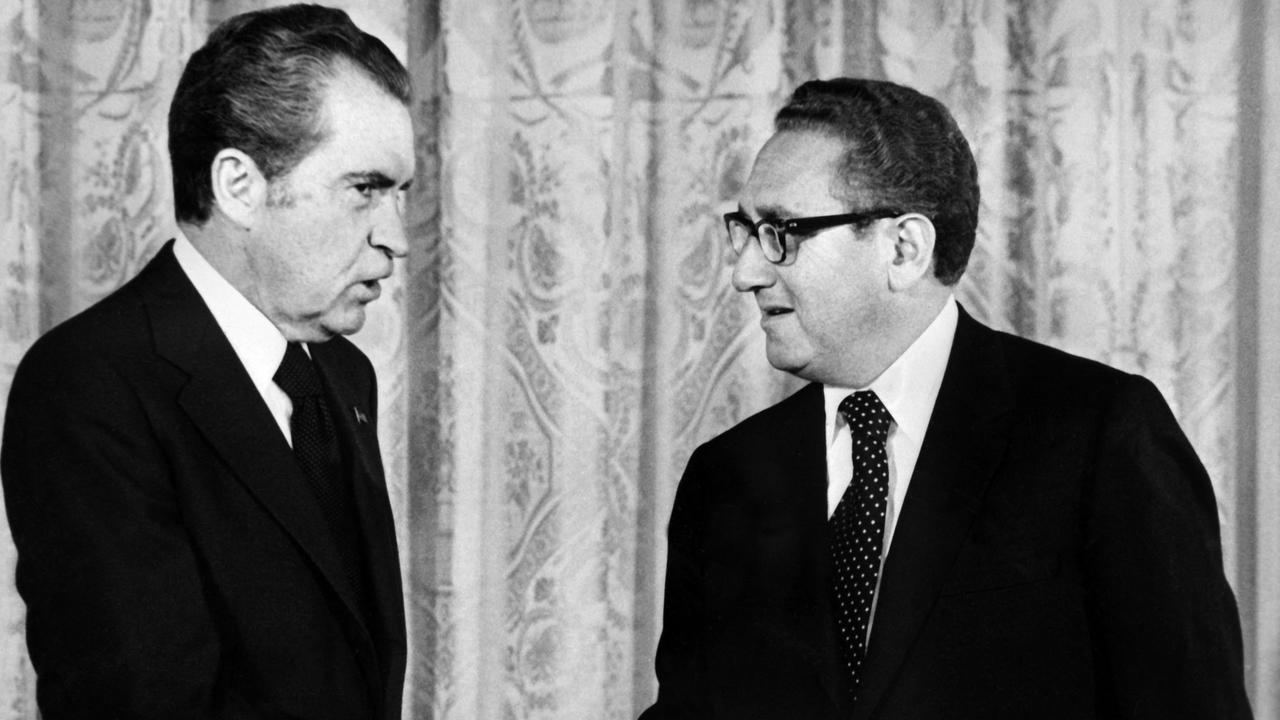John Pilger dies at 84: How an Australian journalist exposed US’ great shame
In 1979, an Australian journalist uncovered a hidden part of American history that was so shameful it never aired in the US.

In 1979, Australian-born journalist John Pilger revealed a little-known and controversial part of American history, so shameful, it transpired, that it never aired in the United States.
As the news of Pilger’s passing at the age of 84 in London on December 30, 2023, was announced by his family, the legacy of his groundbreaking work and commitment to exposing political and economic injustices will arguably resonate across the globe as it has for decades.

Pilger’s 1979 ITV film, Year Zero: The Silent Death Of Cambodia, delved into the extent of the Khmer Rouge’s crimes.
It also uncovered the hidden history of the United States’ bombing of Cambodia in the 1970s, a secret chapter of the Vietnam War concealed from the American population.
The film shed light on the subsequent brutality and Cambodian genocide orchestrated by Pol Pot and his Khmer Rouge militia after their takeover, the widespread poverty and suffering of the Cambodian people, as well as the limited aid provided by the West.
The initial report on Cambodia, published in a special issue of the Daily Mirror, paved the way for a tremendous response from the public.

Following the broadcast of Year Zero, an impressive $66 million was raised, mainly through small donations, including almost $7.48 million contributed by schoolchildren in the UK.
This substantial funding enabled Cambodia’s first significant relief efforts, including the shipment of lifesaving medicines like penicillin and clothing to replace the black uniforms forced upon the Cambodian people.
Reflecting on the British reaction to the documentary in 2006, Pilger highlighted the broader truth it revealed about the collusion of Western governments, particularly the United States and Britain.
The film exposed the role of Richard Nixon’s and Henry Kissinger’s “secret” bombing as a critical catalyst for the rise of the Khmer Rouge with Pilger later pointing out the West’s imposition of an embargo on Cambodia, portraying it as a “medieval siege”, and the backing of Pol Pot’s demand to retain Cambodia’s seat at the UN, even with the atrocities committed by his regime.

“Had Year Zero simply described the monster that Pol Pot was, it would have been quickly forgotten,” he wrote.
“By reporting the collusion of ‘our’ governments, it told a wider truth about how the world was run.”
According to Pilger, “40 sacks of post” arrived at his work two days after airing.
Petitions and donations also flooded in, totalling $3.12 million in days, challenging prevailing notions of “compassion fatigue” according to Pilger, and showcasing the power of documentaries in shaping public opinion.

“This is for Cambodia,” wrote a Bristol bus driver, enclosing his week’s wage,” Pilger recounted.
“Entire pensions were sent, along with entire savings.”
Pilger recounted his frustration with executives from the American Public Broadcasting Service (PBS), who refused to broadcast Year Zero in the United States.
This decision, according to Pilger, prevented the American public from ever fully confronting this dark chapter of their history.


As news of Pilger’s passing spread, tributes poured in from various corners of the globe. His family released a statement expressing their grief and highlighting Pilger’s impact on journalism and documentaries celebrated worldwide. While Pilger gained international fame for his career as a writer and documentary filmmaker, he was also known for his staunch support of WikiLeaks founder Julian Assange.
ABC broadcaster Phillip Adams shared his sadness on social media, stating, “Vale John Pilger. Friend of mine, Julian Assange, and of the truth. A sad end to a bad year.”
WikiLeaks, through its official account, acknowledged Pilger’s tireless advocacy for the release and vindication of Julian Assange, labelling him a “ferocious speaker of truth to power.”
British politician George Galloway expressed sorrow, describing Pilger as a “great journalist” and a “tower of strength” who will be deeply missed.
Irish actor Liam Cunningham praised Pilger as a “magnificent thorn” in the side of authority and encouraged aspiring journalists to study his work.
Musician Roger Waters of Pink Floyd called Pilger a “great man”.
“We will carry you in our hearts forever you will always be there to give us strength,” he wrote.




